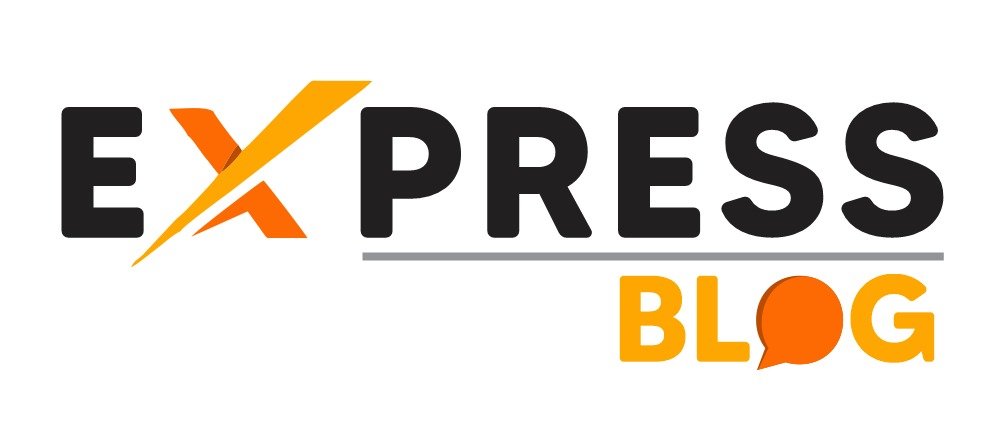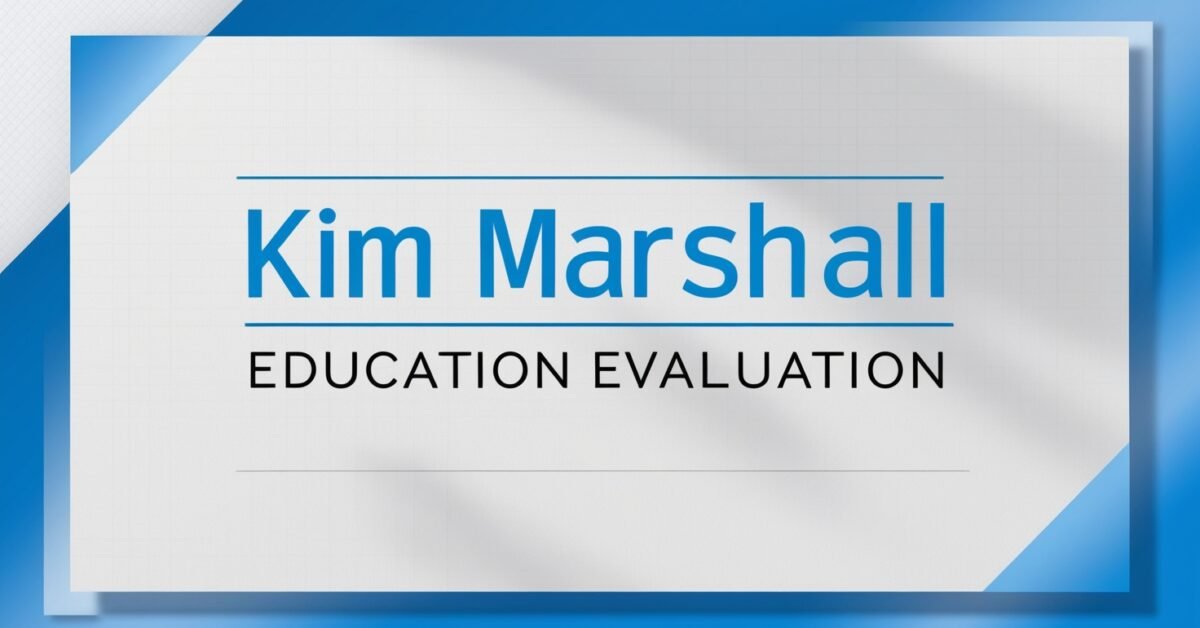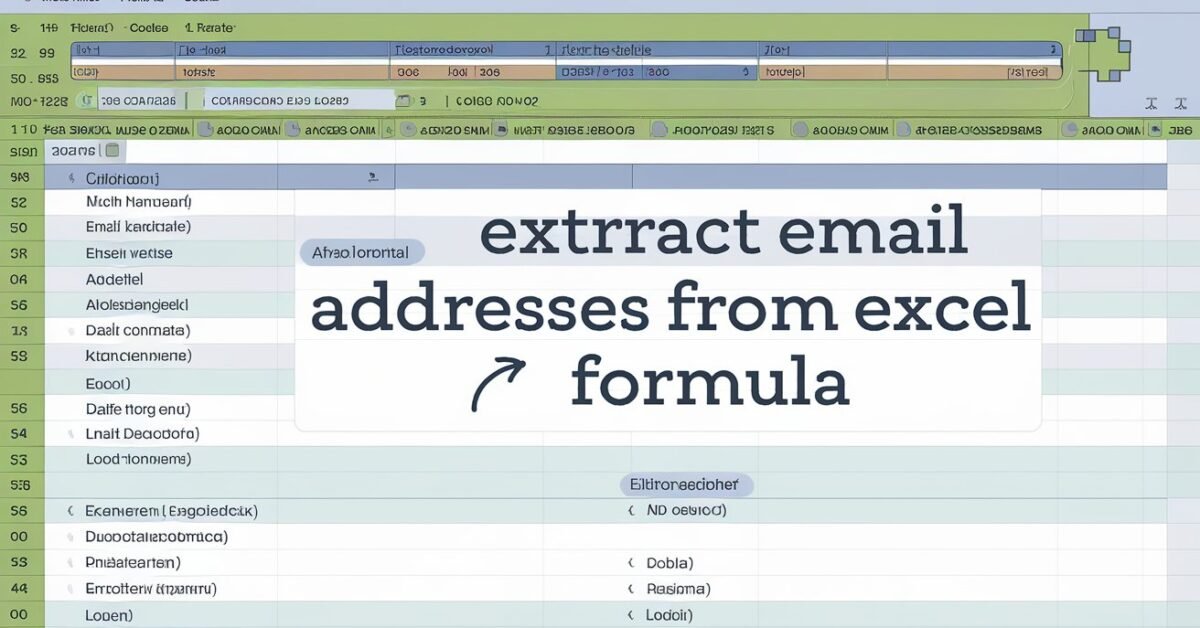How to Make Your Academic Writing Better for Higher Grades

Writing academically is not about getting words down on paper — it’s about conveying ideas concisely, convincingly, and with proper structure. Regardless of whether you’re writing essays, reports, or dissertations, the quality of your writing can have a major impact on your marks. With so much invested in the effectiveness of communicating your thoughts, advancing your academic writing is an excellent investment in yourself. And if you need to find assignment help your writing needs sharpening first.
Learning to write academically does not occur overnight, but students can improve their writing to consistently earn better grades using the proper methods, tools, and attitudes. This tutorial simplifies key strategies, helpful advice, and behind-the-scenes tactics to assist with making your academic writing sharper, clearer, and more effective.
Knowing the Fundamentals of Academic Writing
As a precursor to learning how to make academic writing better, knowing what makes academic writing different is essential.
Key Features of Academic Writing
- Formal tone: Stay away from slang, contractions, and very informal sentences.
- Clear structure: Each assignment should contain an introduction, body, and conclusion.
- Evidence-based: Arguments must be supported by reliable sources.
- Objectivity: Remain true to facts and rational arguments rather than opinions.
- Precise language: Employ discipline-specific terms where necessary.
Knowledge of these guidelines goes a long way in crafting writing that fulfills UK learning institutions’ expectations.
Common Mistakes That Lower Grades
Teaching academic writing is to start by acknowledging where things most commonly go awry.
Common Traps
- Unclearness: Long, imprecise sentences tend to lose readers.
- Poor thesis statements: A fuzzy main argument produces poor essays.
- Shoddy paragraphing: Each paragraph needs to address only one point.
- Using filler words too much: Phrases such as “very”, “really”, or “basically” weaken meaning.
- Incorrect citation: Quoting sources inappropriately can lose marks and incite plagiarism issues.
Steering clear of these problems automatically improves the overall quality of your work.
Planning Before You Write
Writing well begins long before you sit down to write — fingers on keyboard or pen in hand.
Read the Brief Carefully
- Highlight key action verbs such as analyse, compare, or discuss.
- Note formatting requirements (word count, font, referencing style).
- Determine the scope of the topic — not too broad, not too narrow.
Make an Outline
A clear outline saves time and keeps arguments on track. Break down your assignment into:
- Introduction (establish the topic and thesis)
- Body Paragraphs (one idea per paragraph)
- Conclusion (summarize and look back)
Carry Out Strategic Research
Apply sound academic sources:
- Journals
- Books
- Good websites (such as government or university sites)
Monitor citations early to prevent last-minute rushes — this also aids with plagiarism-free writing, a standard requirement for any assignment help service.
Writing Strategies for Better Assignments
Now let’s get into the actual writing process.
Begin with a Strong Thesis Statement
Your thesis is your main claim or argument. A strong thesis:
- Takes a clear position
- Directly answers the assignment question
- Can be supported with evidence
Example:
Weak: Social media impacts students.
Strong: Social media decreases student productivity through promoting distraction, decreasing sleep, and encouraging procrastination.
Employ Topic Sentences for Paragraph Control
Each paragraph must open with a statement defining its emphasis. This enhances coherence and understanding by readers.
Example:
“One major way social media impacts student performance is by increasing procrastination.”
Transition Words for Flow
Utilize linking words for smoother transitions from one idea to another.
- Addition: Furthermore, Moreover, In addition
- Contrast: However, On the other hand
- Cause/Effect: Therefore, As a result
- Examples: For instance, Such as
These minimal additions make essays seem refined and professional.
Editing and Proofreading Techniques
Writing the last sentence does not necessarily mean the assignment is ready to submit.
Take a Break Before Editing
Provide your brain with some space away from the work. Even a 30-minute break makes you catch errors more easily.
Read Aloud
Reading aloud may make awkward phrasing, repetition, or muddled sentences obvious.
Use a Checklist
Prior to submission, ask:
- Does each paragraph circle back to the thesis?
- Are sources correctly cited and referenced?
- Is the writing grammar- and spelling-free?
- Does the conclusion nicely summarize everything without replicating the introduction?
Even great students use assignment help at this point to catch everything that could go wrong.
Enhancing Your Vocabulary Without Sounding Pretentious
Academic writing must be intelligent-sounding — but not from a thesaurus explosion.
Utilize Discipline-Specific Language
If you’re writing about economics, don’t be afraid to use terms like “opportunity cost” or “market equilibrium” — they show subject understanding.
Avoid Overcomplicating
Long, complex words don’t always make writing better.
Instead of: Utilisation of resources must be optimised for productivity enhancement.
Try: Resources must be used efficiently to increase productivity.
Clarity is always better than trying to sound impressive.
Formatting and Referencing: Don’t Lose Easy Marks
Poor presentation is one of the simplest ways to lose unnecessary marks.
Be Familiar with Your Referencing Style
Each UK department or university may ask for a different style, including:
- Harvard
- APA
- MLA
- Chicago
Utilize tools such as Cite This For Me or Zotero to remain organized.
Adhere to Formatting Instructions
- Font: Typically Times New Roman or Arial, size 12
- Line spacing: Typically 1.5 or double-spaced
- Margins: Standard (2.54 cm all around)
- Page numbers: Top-right or bottom-centred, depending on the brief
These facts may appear insignificant, but collectively they portray professionalism and attention to detail — qualities every lecturer values.
Helpful Tools to Enhance Academic Writing
You don’t have to do it all by hand. There are many tools available to hone your work.
Grammar and Style
- Grammarly: Excellent for picking up grammar and tone errors
- Hemingway Editor: Assists in breaking up complicated sentences
- ProWritingAid: Best for academic tone and style recommendations
Plagiarism Checkers
Originality is paramount. Use:
- Turnitin (employed by the majority of universities)
- Quetext or Plagscan for speedy checks
If dealing with any form of assignment help, always guarantee final submissions are 100% original.
Time Management for Writing Success
Procrastination is the quality writer’s nemesis. Last-minute rush jobs are seldom the best work.
Break It Into Phases
Do not write in a single sitting. Utilize these phases:
- Research and Planning (25% of the time)
- Writing the First Draft (50%)
- Editing and Proofreading (25%)
Set Daily Mini-Deadlines
Rather than a single massive deadline, try to accomplish little activities on a daily basis. It makes the process seem less daunting and stressful.
When to Take Assignment Help
Though the goal is to be a solid, independent writer, at times one may need some outside assistance — particularly for intricate topics, close deadlines, or formatting issues.
Professional assignment help can aid with:
- Organizing challenging essays
- Refining language and tone
- Ensuring appropriate referencing
- Offering sample answers to learn from
It’s not outsourcing your work — it’s learning to do it better.
Final Thoughts
Making academic writing better is about doing more than simply avoiding errors — it’s learning to think critically, in a structured way, and persuasively about conveying ideas. It’s a skill that rewards not only with higher grades, but with long-term academic and career achievement. Keep in mind that each assignment is a chance to improve your writing, consider more deeply, and develop as a student. Take advantage of it — and if necessary, don’t hesitate to use outside help from third-party companies like Assignment in Need (assignnmentinneed.com) for professional help with proofreading, organization, and formatting recommendations. Learning to write academically may be work, but the payoff is completely worth it.




